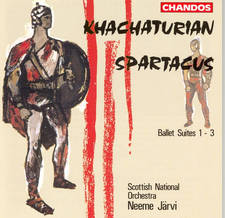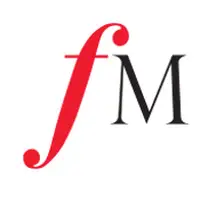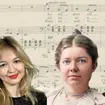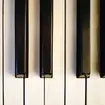Professor Brian Cox joins Classic FM to present new six-part radio series ‘A Symphony of Science’
13 June 2024, 08:30

“Science and classical music are a match made in the stars,” the physicist, presenter and musician says, ahead of his Classic FM presenting debut.
Listen to this article
Professor Brian Cox is joining Classic FM to present a new six-part radio series, A Symphony of Science, beginning on Saturday 15 June at 9pm.
The much-loved physicist and musician will be exploring the relationship between his two favourite subjects in the universe: science and classical music.
Themes will include composers and the cosmos, scientists who play and compose music, and the science of music – exploring the Mozart effect and music theory.
Brian had his beginnings in music, playing keyboard in British bands Dare and D:Ream, before launching his academic career. He is now a highly respected physicist and presenter, teaching particle physics in the School of Physics and Astronomy at the University of Manchester, and hosting many well-known science programmes.
A Symphony of Science with Brian Cox will include mighty 20th-century symphonic works like Holst’s The Planets and Strauss’ Also sprach Zarathustra, the mathematical master J.S. Bach, and soundtracks by Hildur Guðnadóttir and Wendy Carlos. Classic FM’s weekend Breakfast presenter Tim Lihoreau has collaborated with Brian to write the series.

Handel’s ‘Zadok the Priest’ – Royal Scottish National Orchestra at Classic FM Live
Later this summer, Brian will present a series of special shows at London’s iconic Royal Opera House, where he will be joined by conductor Daniel Harding and the Britten Sinfonia to combine ground-breaking science with the power of the orchestra.
“It’s a great pleasure to present these shows on Classic FM bringing science and music together,” Brian Cox said ahead of his first Classic FM programme.
“For a very long time, I’ve been terrified about the size and scale of the universe. I could give you black holes, supernova explosions, galaxies that are a hundred thousand light years across. So the question arises, what are we to make of our place in the universe?
“And I strongly believe that in order to answer those questions, the questions raised by science but not answered, you need to shine as many lights on that question as possible. And the greatest music written over the centuries is a light. It’s something that can illuminate the deepest questions that we can ask.”



































